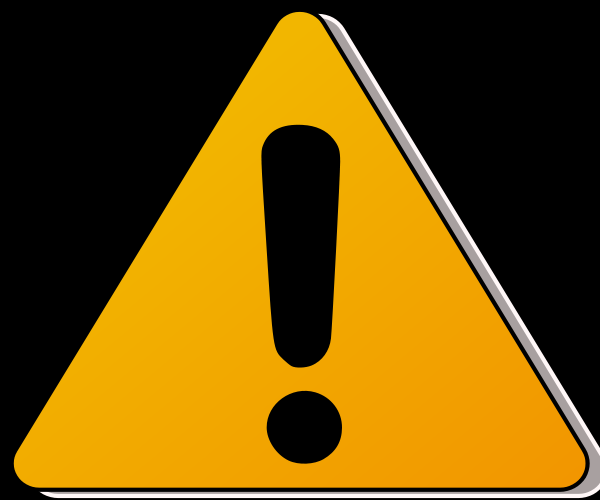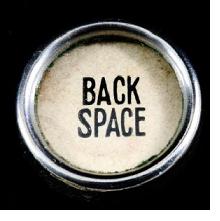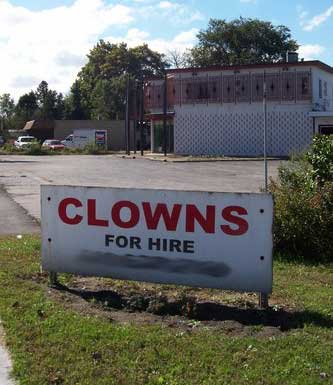
By Amanda Smyth Connor
As a freelance writer, you will undoubtedly encounter different types of editors along your path to success; some good, some bad and some downright horrifying. I’ve taken it upon myself to put together a handy-dandy field guide to identifying these editorial personalities in the wild.
Great Editor: This editor is a dream to work with. Good for you for finding one. Do your best to maintain a solid relationship with this elusive type of editor.
How to Identify One: The best editors are equally as good at editing as they are at mediating, going effortlessly between the client and the writer, maintaining a clear and concise chain of communication. A great editor understands the difficulties and stress that can come with being a freelancer and carrying multiple tight deadlines and is able to sympathize with the life of a freelancer while keeping you motivated and on schedule regarding deadlines and revisions. A great editor will assess the quality of your work and will offer honest feedback on how to improve. A great editor will recognize your specific talents as a writer and will recommend you to future clients. This is a relationship that can turn into a great investment in your career. A great editor Continue reading Editors: The Good, The Bad and the Ugly




